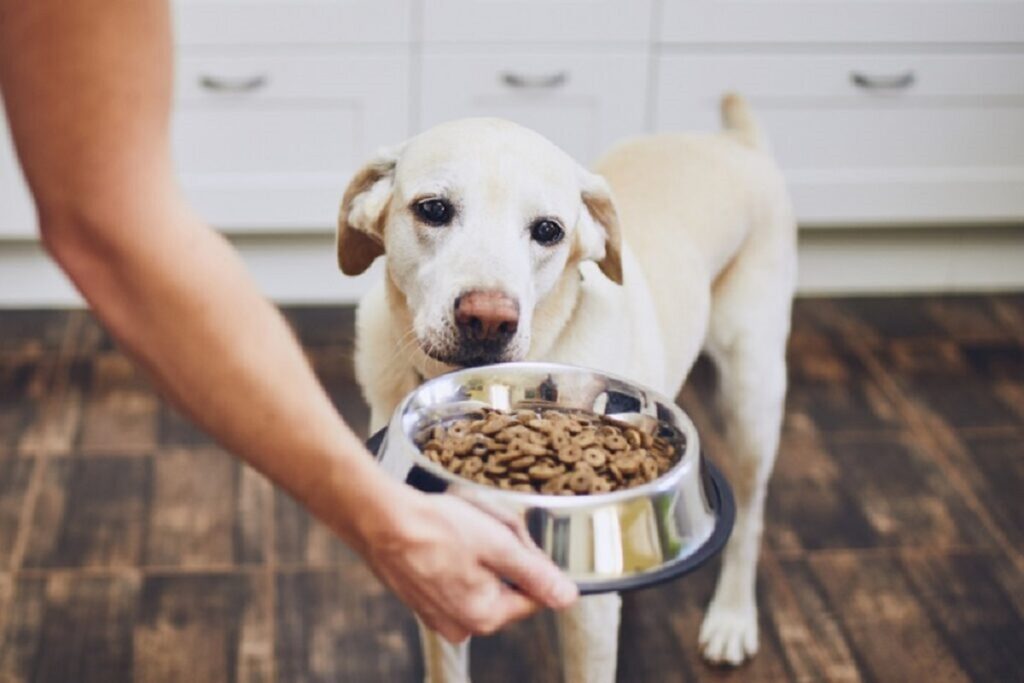For many dog owners, their pets are much more than animals—they’re part of the family. Naturally, this leads to wanting the best for them, from premium toys to specialized care. Recently, a new trend has emerged among pet parents: homemade meals for dogs. While this might seem like a thoughtful way to ensure your furry friend gets the healthiest, freshest food, veterinarians are raising some red flags about its potential dangers.
The Risks of Homemade Dog Diets

As a dog lover myself, I get the appeal of preparing a meal tailored specifically to my pup. After all, if I’m cooking healthy, fresh meals for myself, why not do the same for my four-legged friend, right? However, according to veterinarians, preparing homemade meals for dogs may unintentionally lead to health issues. A veterinarian recently discussed this growing trend, sharing concerns about homemade dog food leading to unbalanced nutrition.
Dogs have very specific dietary requirements, which differ significantly from humans. This means that, while a diet of chicken, rice, and vegetables might sound nutritious, it could lack essential nutrients like calcium, zinc, or certain vitamins dogs need to thrive. Over time, these deficiencies can cause serious health issues, including weak bones, skin problems, and digestive issues.
Tailoring Nutrition to Your Dog’s Needs
Another point to consider is that no two dogs are the same. A homemade meal that works for one might not be ideal for another. For example, an active Labrador puppy needs a much different diet than an elderly Chihuahua. The age, size, breed, and even pre-existing health conditions all play a role in determining what a dog should eat. Simply put, there’s no “one-size-fits-all” when it comes to dog nutrition.
A key takeaway here is that while variety is important, professional guidance is essential. A veterinarian or a certified pet nutritionist can help ensure that any homemade diet is balanced and suitable for your pet. According to the American Kennel Club, there are also human foods—like grapes, chocolate, and onions—that are toxic to dogs and should always be avoided.
Striking the Right Balance
At the end of the day, we all want to spoil our pets with love, attention, and good food. But feeding them a homemade diet requires more than just good intentions. It’s about making sure they get all the nutrients they need to live a long, healthy, tail-wagging life. Consulting your vet before making significant changes to your dog’s diet is the best way to keep them happy and healthy.
So, while the thought of preparing fresh meals for your pup may come from a place of love, remember that their nutritional needs are very different from ours. If you’re considering switching to a homemade diet for your dog, do so with care—and always with guidance from a professional. That way, you can ensure your canine companion gets everything they need to thrive.






